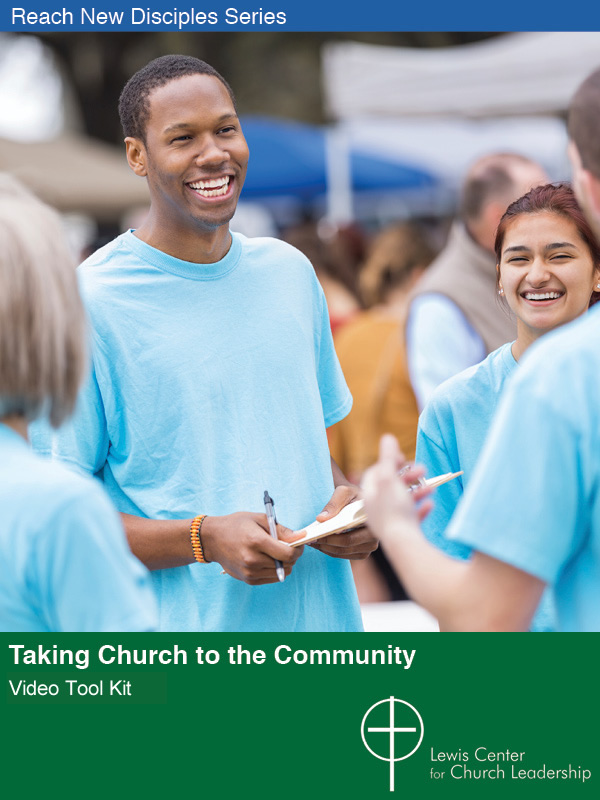Robert Wuthnow’s book After the Baby Boomers (Princeton University Press, 2007) is about younger adults — a group he defines as persons from 18-45 years of age. Wuthnow, who is a sociologist, examines how the characteristics of this generation affect their practice of religion and spirituality. He introduces a variety of topics that seem to make a difference to younger adults and how they live their lives and see the world. The one that caught my attention is something he calls “tinkering.”
Wuthnow describes this younger generation as a group of tinkerers. He says “a tinkerer puts together life from whatever skills, ideas, and resources are readily at hand. In a culture like ours, where higher education and professional training are valued, tinkering may have negative connotations. But it should not. Tinkerers are the most resourceful people in any era. If specialized skills are required, they have them. When they need help from experts, they seek it. But they do not rely on only one way of doing things. Their approach to life is practical. They get things done, and usually this happens by improvising, by piecing together an idea from here, a skill from there, and a contact from somewhere else.” (13)
Tinkerers are able to live without having all the answers. They can deal with uncertainty and rely on resources outside themselves to solve problems. But tinkerers also are not going to make a sure and fast decision about things. They are going to talk about it, explore other options, see if they can pull a “MacGiver” kind of move, making something useful out of a piece of gum and a fast-food receipt.
Spiritually, then, these tinkerers are a generation of seekers — looking to have conversation with others, creating new kinds of social networks, and being okay with not having everything right. Tinkerers need spiritual places to be open and welcoming to a new and different way of approaching faith — one that takes time and care. They will not be attracted to church communities where connection and relationship are not central, where there is too much structure and not enough room for creativity and expression.
What’s clear to me is that the kind of church to which a tinkerer would be attracted is a lot like the vision Jesus had for the kingdom of God!
This article is adapted from Erika’s blog, Endangered Species.







